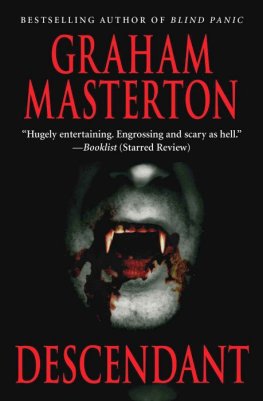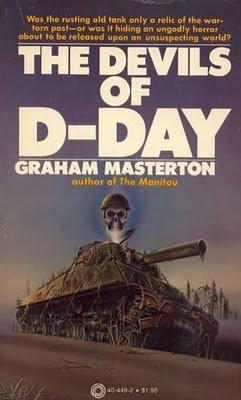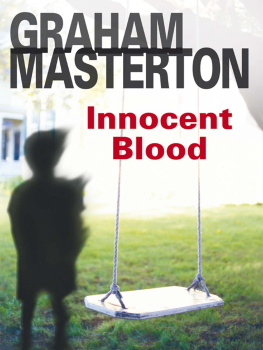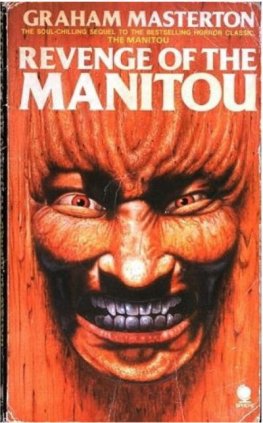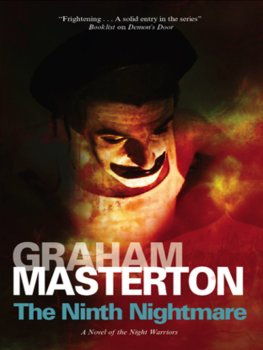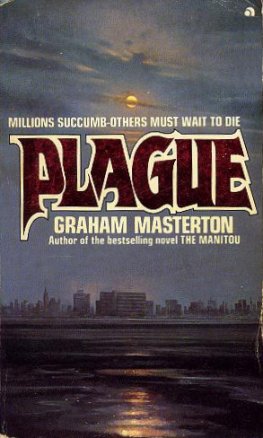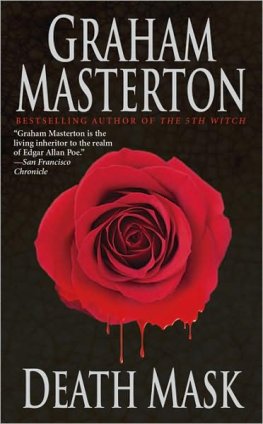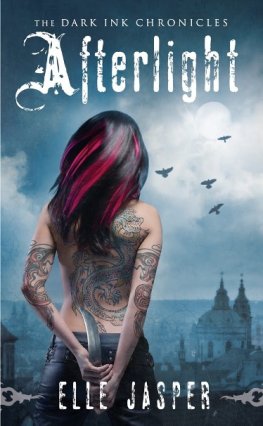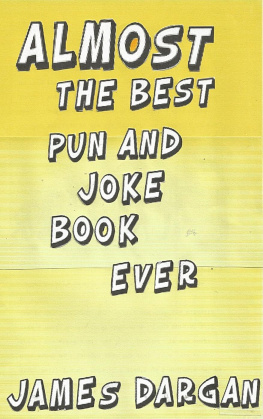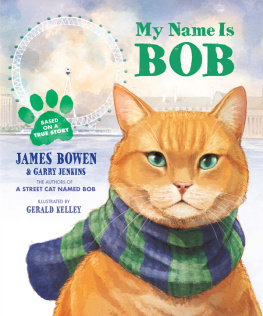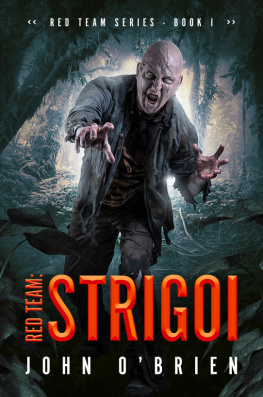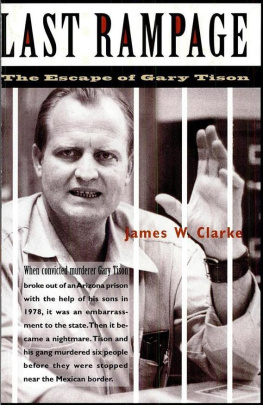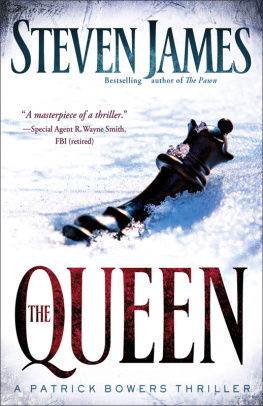Graham Masterton
Descendant
It was a sweltering Thursday afternoon and I was caught in the usual southbound traffic jam on the Kennedy Bridge when WRKA played Diana, and I felt as if my entire skin-surface was shrinking.
Diana, by Paul Anka. That song has haunted me for the past fifty years, and I guess it always will. Whenever I hear it, I cant stop myself from turning my head around, just to make sure that Im not being followed, or that somebody isnt watching me from some shadowy doorway on the opposite side of the street.
Im so young and youre so old. It brings everything back. The glassy heat of the South London suburbs in the middle of summer, the large 1930s houses with their red-tiled roofs and their tennis courts, the flat sweet smell of British pubs, the shabby clothes and the tiny little cars.
And those things that ran through the streets, dark and voracious and utterly cruel. Clinging to ceilings, rushing up walls. You think that you know what its like to be frightened? You dont have any idea.
When I finally arrived back home in Kenwood Hill, I closed the front door and stood for a long time with my back pressed against it, and my heart was beating like a jackhammer. Two semicircles of crimson light shone on the wall from the stained-glass window at the top of the stairs, like bloodshot eyes. It was then that I thought, dammit, whatever the government might do to me, its high time that you knew the truth. Thats why Im going to tell you what really happened during that summer of August 1957, and what hideous carnage we had to face. Im going to tell you what happened afterward, too, and for me that was even more of a nightmare. All I did was put off the evil day. Sooner or later, the decision that I could never bring myself to make is going to be yours.
I was officially warned never to talk about it. Two days after I was relocated to Louisville, a pimply young man came round to my house in a shiny gray suit and warned me not to say anything, ever, not even to my wife Louise. Even after all these years, I guess the government could still have me arrested for breaching national security, or lock me up in a nuthouse, but they cant terrify me the way that Ive been terrified every single day for the past fifty years.
Because vampires never, ever forgive you for anything.
Captain Kosherick led me up the uncarpeted stairs of this narrow, unlit building on Markgravestraat, in the northwest part of the city. Two small children with grubby faces were standing in a doorway on the second landing, a girl and a boy, and Captain Kosherick said to them, Youre going to be OK, you understand? Were going to arrange for somebody to take care of you.
Behind them, in the gloom of her sitting room, an old woman was sitting in a sagging brocade armchair. Underneath her black lace widows cap, her hair was white and wild, and her face looked like a shriveled cooking apple.
Somebody from the childrens services will be calling around later! Captain Kosherick shouted at her. Then he turned to me and said, Deaf as a fucking doorpost.
Mevrouw! I called out. Iemand zal binnenkort de kinderen komen halen!
The woman flapped her hand dismissively. Hoe vroeger hoe beter! Deze familie is verloekt! Niet verbazend dat hij de mensen van de nacht heft gestuurd om het mee te brengen!
What did she say? asked Captain Kosherick.
Something about the family being cursed.
Well, I think she was right on the money about that. Come take a look for yourself.
He led me along the corridor and up another flight of stairs. I could smell boiled cabbage and another smell much stronger and more distinctive: the smell of blood. Although it was mid-October, it was unseasonably warm; the stairwell was alive with glittering green blowflies.
At the top of the stairs there was a much smaller landing, and then a door with two frosted-glass panels in it. The door was half ajar and even before we opened it I could see a womans leg lying on the floor with a worn-out brown brogue lying close by.
Captain Kosherick pushed the door wide so that I could take in a full view of the room. It was a one-room apartment, with a large iron-framed bed in one corner, a fraying beige couch and a wooden wheel-back chair. There was a small high window over the sink, which had a view of a light gray sky and the dark thirteenth-century spires of the Vrouwekathedrall. Beside the sink there was a small homemade shelf with a red-and-white packet of tea, a blue pottery flour jar, a glass dish with a tiny square of butter in it and three potatoes that were already starting to sprout.
A picture of the Virgin Mary hung on the wall beside the shelf. Both of her eyes had been burned out with lighted cigarettes.
I looked down at the young woman lying facedown on the streaky green linoleum. She must have been twenty-seven or twenty-eight, with wavy brown hair that she had obviously tried to color with henna. She was wearing nothing except a reddish wool skirt that had been dragged halfway down her thighs. Her skin was very white and dotted with moles.
There were spots and sprays of blood all around her, and several footprints, some whole and some partial, including some smaller bare footprints that must have been those of her children. But considering what had been done to her, there was remarkably little blood.
Want me to turn her over for you? asked Captain Kosherick.
I nodded. I was sweating, and the air was clogged with the brown stench of blood, but I had to make sure.
Captain Kosherick hunkered down beside the young woman and gently rolled her on to her back. She was quite pretty, in a puffy Flemish way, with bright blue eyes. Her breasts were small, with pale nipples. She had been split wide open with some very sharp implement from her breastbone to her navel. Her heart had been forcibly pulled out from under her rib cage and her aorta cut about three inches from her left ventricle. It looked like a pale, saggy hosepipe.
You seen this kind of thing before? said Captain Kosherick. The MPs told me to call you in as soon as they found her.
I lifted my khaki canvas bag off my shoulder, unbuckled it, and took out my Kodak. I took about fifteen or sixteen pictures from different angles, while Captain Kosherick went out on to the landing for a smoke.
After I had finished taking pictures I searched the young womans room.
Captain Kosherick came back in again. What are you looking for, if you dont mind my asking?
Oh, you know. Evidence.
He was very young, even though he had a streak of gray hair and a bristly little mustache. But I guess we were all very young in those days, even me.
I lifted up the thin threadbare mat beside the bed. There were signs that one of the floorboards had been lifted, so I went to the sink and took out a knife to pry them up. Underneath, in the floor space, I found a rusty can of cooked ham, two cans of Altmecklenburg sausages, three cans of condensed milk, a box of cocoa powder and a box of powdered eggs, as well as three packs of Jasmatzi cigarettes.
Quite a hoard, said Captain Kosherick, peering over my shoulder. All German, too. Where do you suppose she got these from? Fraternizing with the enemy?
Something like that.
So somebody from the resistance found out and they punished her?
Thats one possibility.
Listen. I know this is all supposed to be top secret and like that, but who do you think might have done this?
I looked down at the young woman lying on the floor. A blowfly was jerkily walking across her slightly parted lips.
Oh, I know who did it. What I dont know yet is why.
I went downstairs again and knocked on the old widows door. The two children were kneeling on the window seat looking down at the street below. A ray of sunlight was shining through the boys ears, so that they glowed scarlet.

